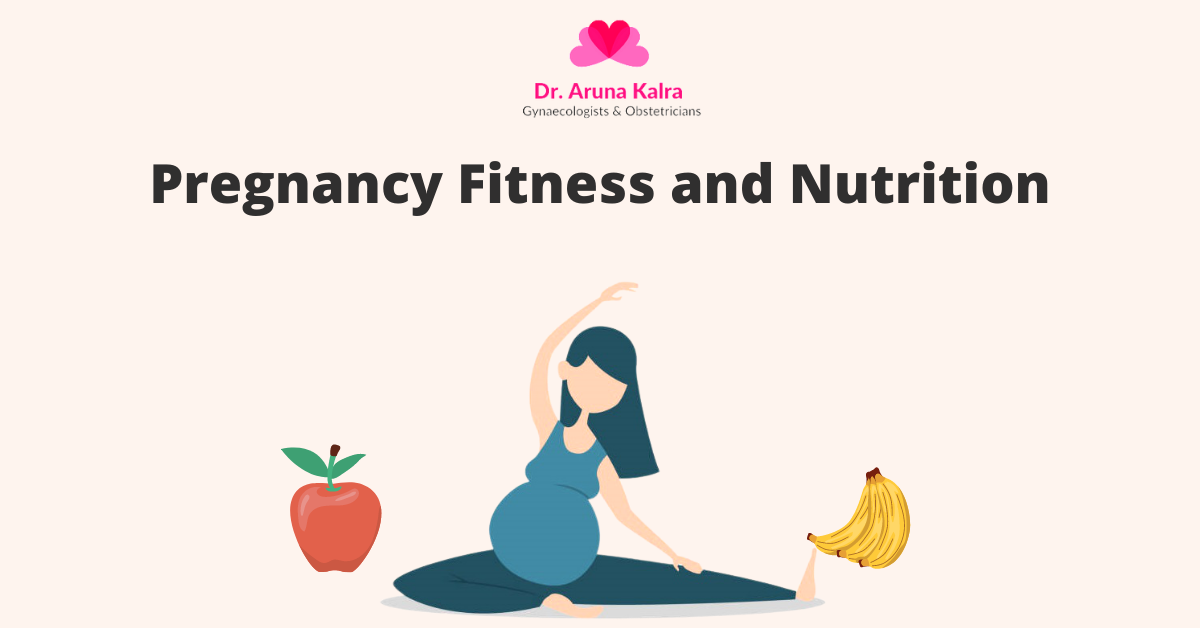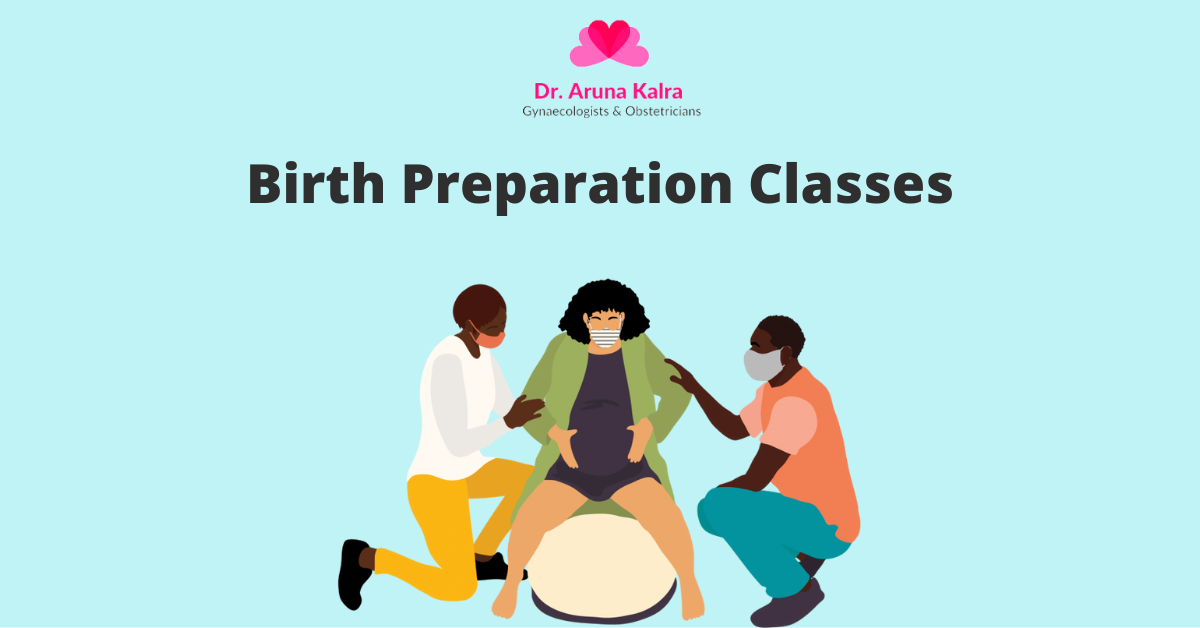
Pregnancy Fitness and Nutrition
During pregnancy it is important that you get the right nutrients and energy needed to keep you and your growing baby healthy. Physical activity is also just as important when you’re pregnant as at any other time of life. When it comes to your diet, plan balanced meals. They should contain protein, carbohydrates, fats, vitamins, and minerals. This is no time for fad or low-calorie dieting. In fact, as a general rule, you need to consume about 350-450 more calories per day your second and third trimesters than before you became pregnant. You need these extra calories and nutrients so your baby can grow normally.
Physical activity is just as important when you’re pregnant as at any other time of life. Discuss a fitness program with your doctor, including fitness videos or online programs.
If you haven’t been exercising regularly, your doctor may suggest a moderate walking or swimming regimen, prenatal yoga, or Pilates classes. Take it slowly during the first few workouts—even five to ten minutes a day is beneficial and a good place to start. Drink plenty of water while working out, and avoid activity with jumping or jarring movements. If you are already physically active, certainly maintain the level of activity you’re comfortable with, but also listen to your body, and be willing to slow down when you need to.
FAQs about Pregnancy Fitness and Nutrition
Q. How do I know the workouts are safe for me? How do I start the program? Is exercise safe during pregnancy?
A. It’s important to discuss exercise with your obstetrician or another member of your health care team before starting any new exercise program. In most cases, exercise is safe during pregnancy. You will usually find it is even recommended. Typically, if you were physically active before you were pregnant, it is likely safe to remain active during pregnancy. More than likely, your healthcare provider will tell you to remain active, as long as it is comfortable and there are no other health conditions suggesting otherwise.
Q. Why is nutrition during pregnancy important?
A. Eating well is one of the best things you can do during pregnancy. Good nutrition helps you handle the extra demands on your body as your pregnancy progresses. The goal is to balance getting enough nutrients to support the growth of your foetus and maintaining a healthy weight.
Q. What are the benefits of exercising during pregnancy?
A. Here are a few:
- Helps reduce backaches, constipation, bloating, and swelling
- Potential increases your energy levels
- May boost your mood
- May help prevent, or treat, gestational diabetes
- Helps you sleep better
- Promotes muscle tone, strength, and endurance
- Regular activity also helps keep you fit during pregnancy and may improve your labor, delivery, and post-baby healing.
Q. What chances occur in the body during pregnancy that can affect my exercise routine?
A. Your body goes through many changes during pregnancy, from hormonal and emotional to downright physical. The below are a few things that will change or feel different when engaging in physical activity while pregnant.
- Joints—The hormone relaxin which is made during pregnancy causes the ligaments that support your joints to become relaxed. This makes the joints more mobile putting them at increased risk of injury. Be cautious or avoid jerky, bouncy, or high-impact motions that can increase the stress on the joints.
- Balance—During pregnancy, the extra weight in the front of your body shifts your centre of gravity. This places stress on joints and muscles, especially those in your pelvis and low back. Because you are less stable and more likely to lose your balance, you are at greater risk of falling.
- Breathing—When you exercise, oxygen and blood flow are directed to your muscles and away from other areas of your body. While you are pregnant, your need for oxygen increases. As your belly grows, you may become short of breath more easily because of increased pressure of the uterus on the diaphragm (a muscle that aids in breathing). These changes may affect your ability to do strenuous exercise, and you may need to modify or regress an exercise in order to breathe properly.
Q. What precautions should I take while exercising during pregnancy?
A. There are a few precautions that pregnant women should keep in mind during exercise:
- Stay hydrated
- Avoid standing still as being motionless for extended periods can cause blood to pool in legs and feet.
- Avoid laying on your back for a long time, as the uterus presses on the large vein that returns blood to your heart. You can lie on your back tilting slightly to the left by placing a wedge pillow.
- Wearing supportive clothing, such as a supportive bra and a belly support may reduce discomfort
Q. Are there any situations that may arise during pregnancy that would require me to stop working out?
A. Yes, if any of the following conditions arise during your pregnancy you should stop exercising immediately and speak to your doctor:
- Vaginal bleeding
- Headache or visual disturbance
- Dyspnea prior to exertion
- Muscle weakness
- Dizziness or faintness
- Amniotic fluid leakage
- Unexplained abdominal pain
- Swelling of ankles, hands, or face
- Swelling, pain, and redness in the calf of one leg
- Preterm labor, persistent contractions (> 6-8/h)
- Decreased foetal movement
Q. How can I get enough water during pregnancy?
A. Drink throughout the day, not just when you are thirsty. Aim for 8 to 12 cups of water a day during pregnancy. Power packed liquids like soups, smoothy, buttermilk, etc. can also help.


